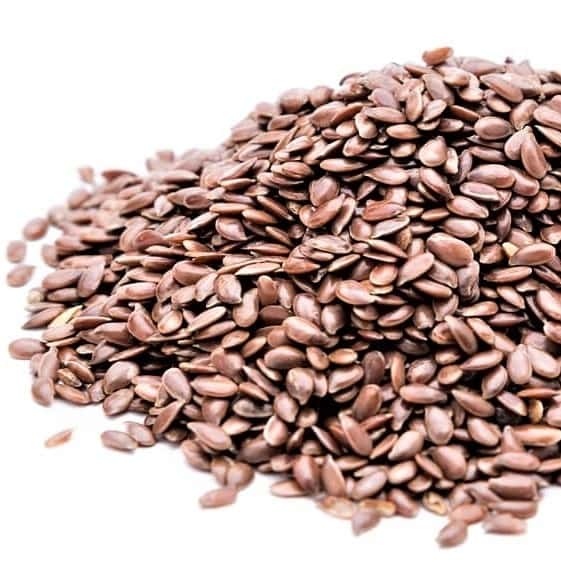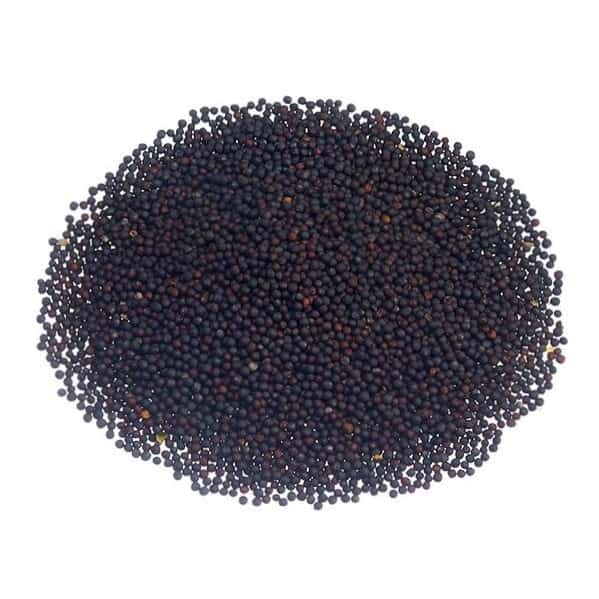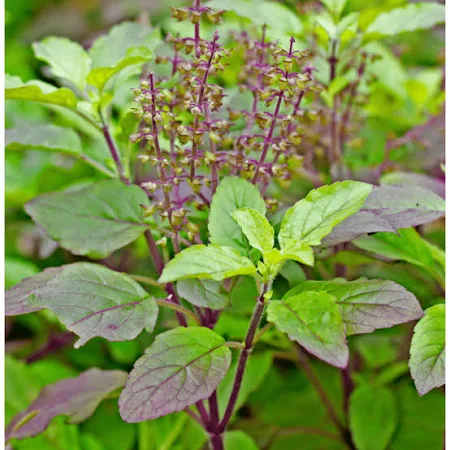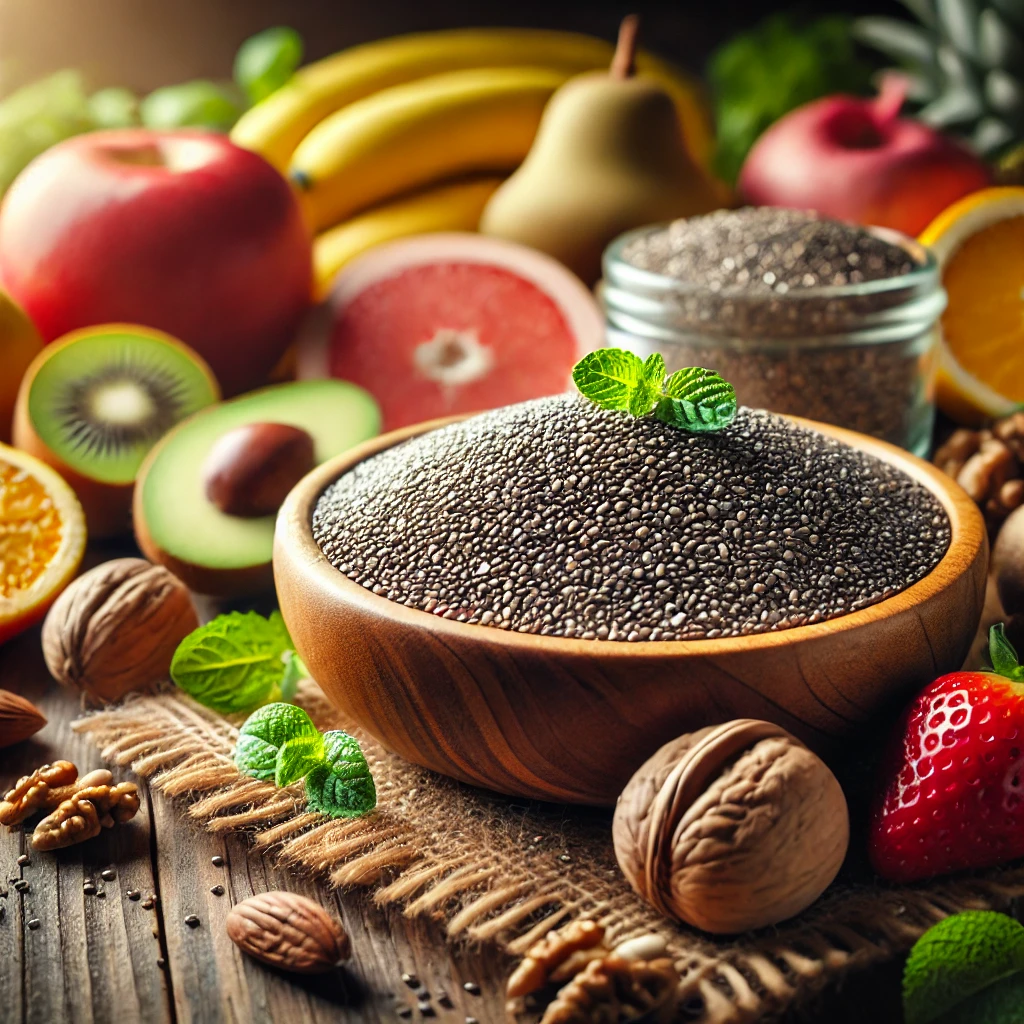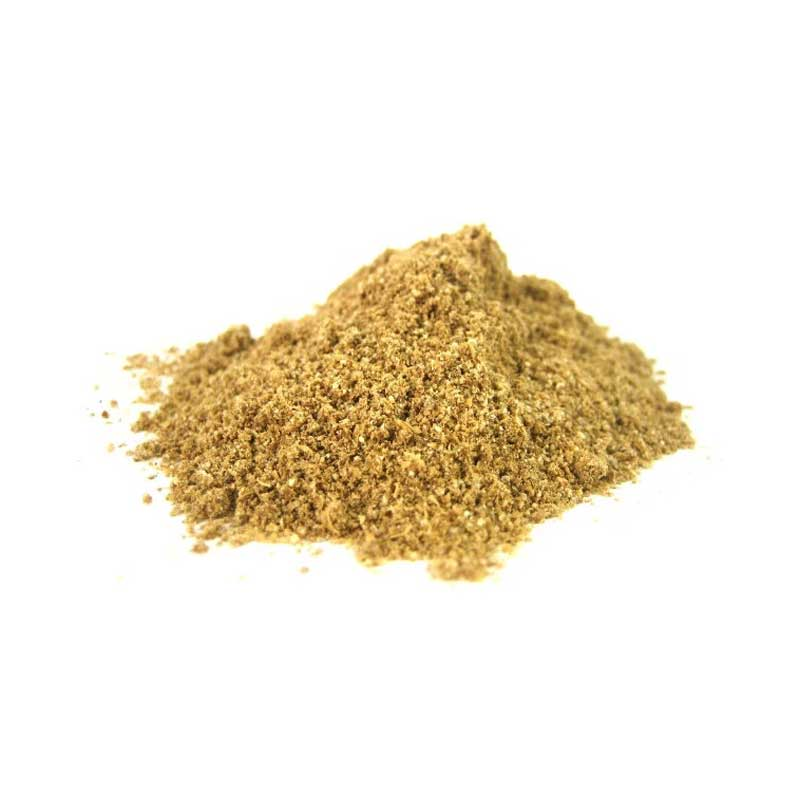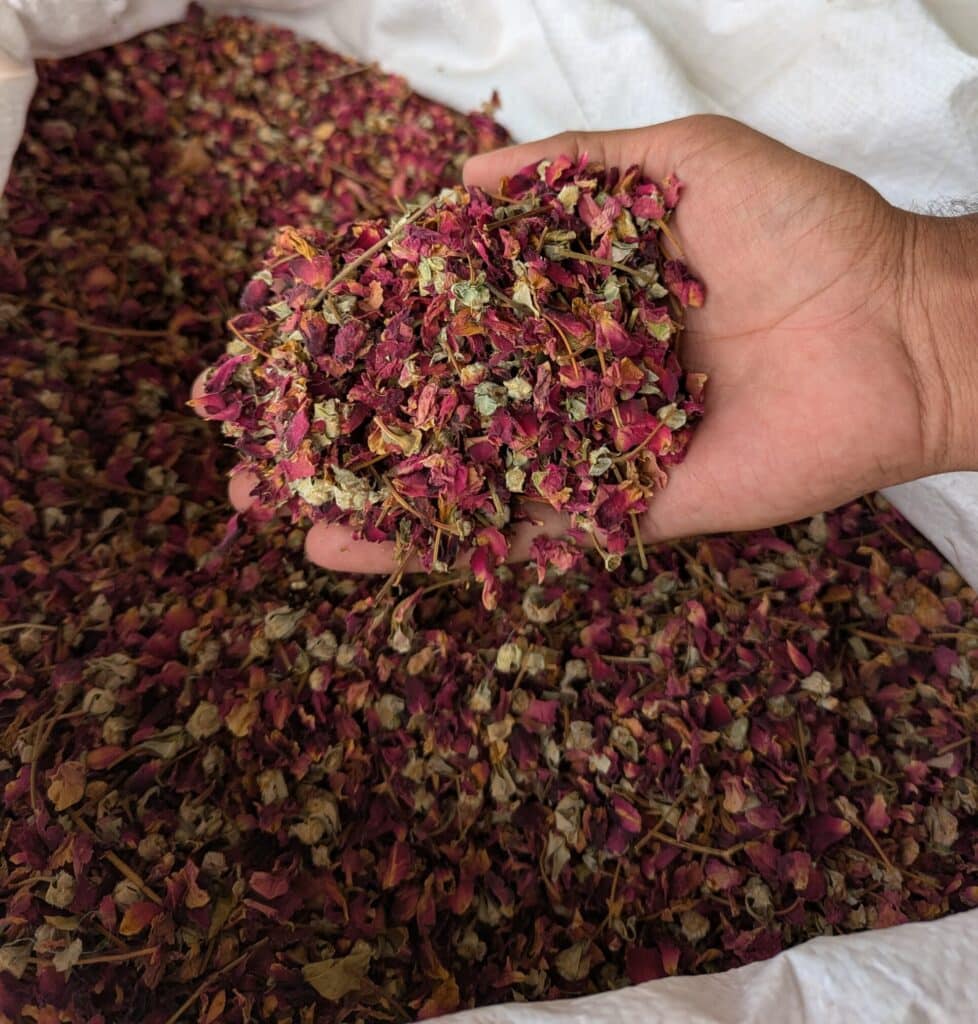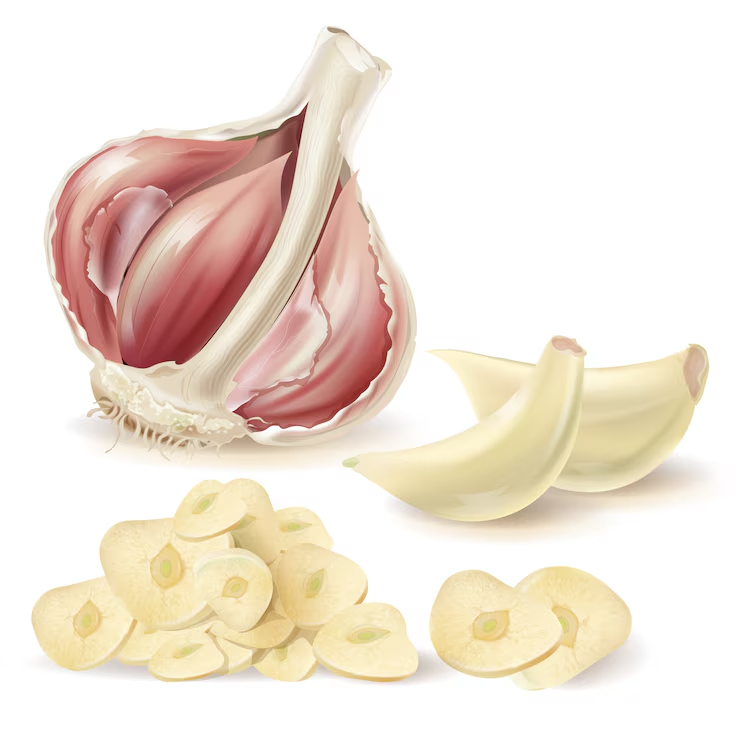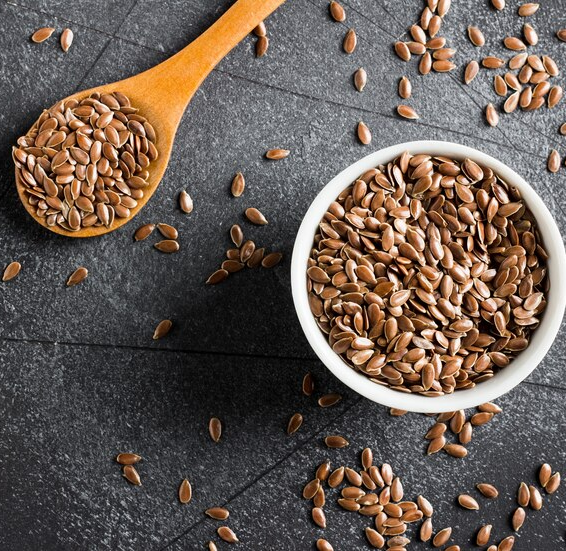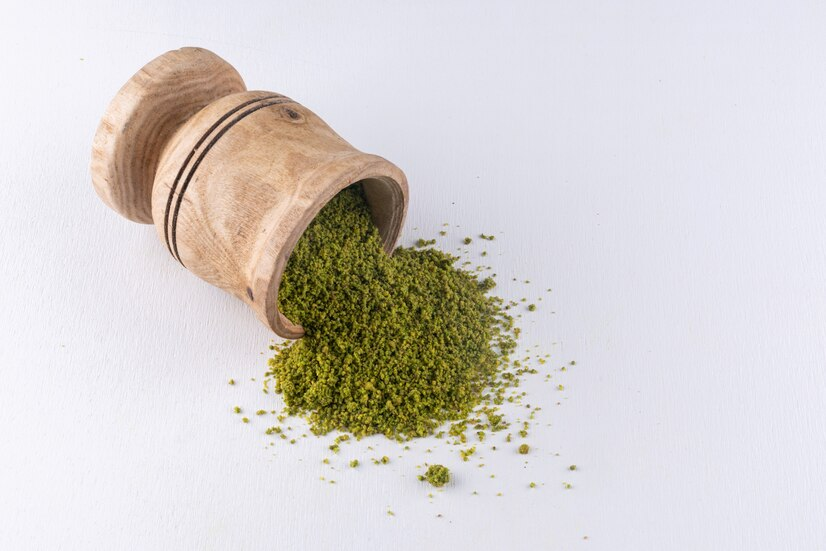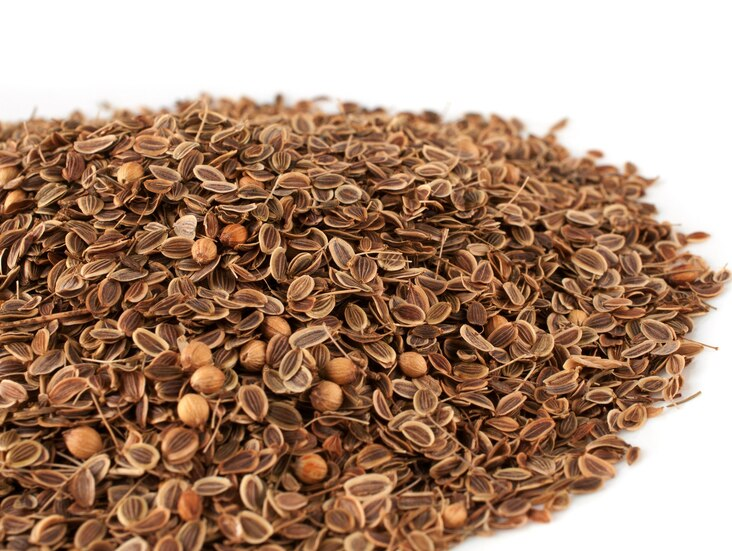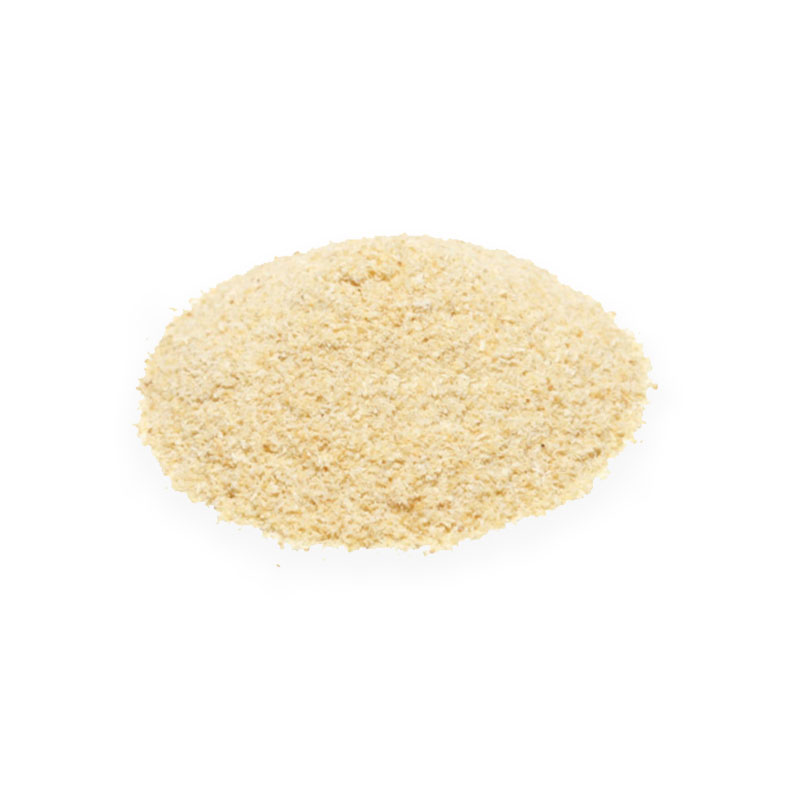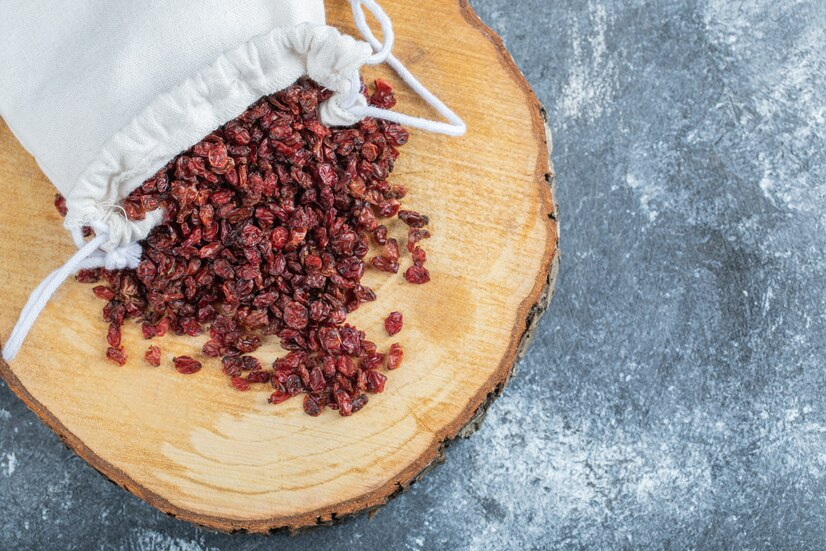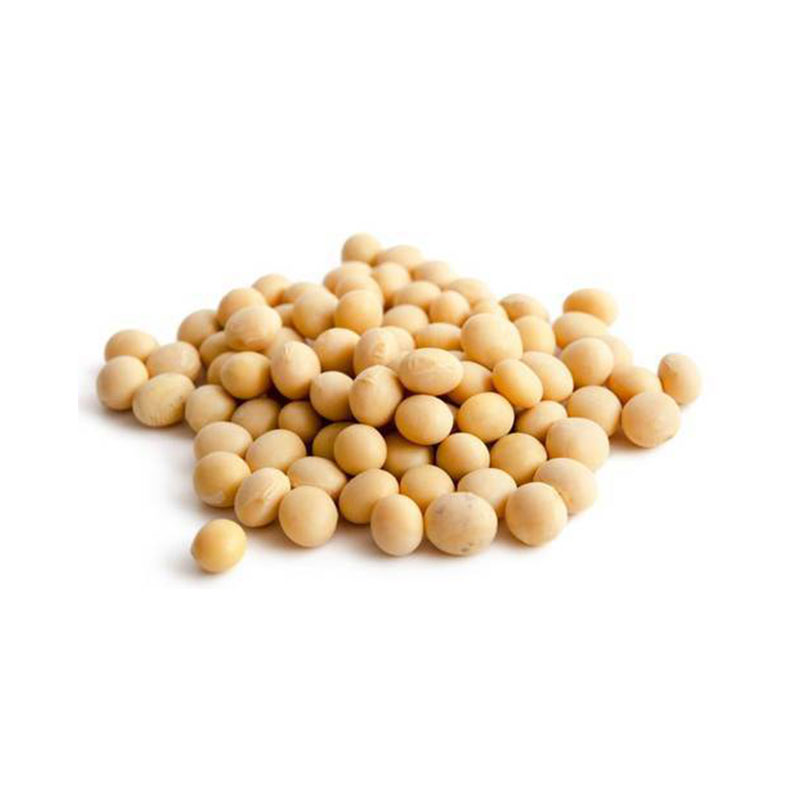Black Cumin Seeds
Details:
| OTHER NAME | : | kalonji,nigella seeds,black seeds,black careway |
| BOTANICAL NAME
HSN CODE |
:
: |
nigella sativa
09093129 |
| SYNONYMS | : | roman coriander,habbat al-barakh(arabic) |
| PLANT FAMILY | : | ranunculaceae |
| PART USED | : | seeds |
Black cumin seeds, derived from Nigella sativa, are small, jet-black seeds known for their distinctive, slightly bitter, peppery flavor. Highly valued in culinary traditions, traditional medicine (Ayurveda, Unani, and Tibb), and modern nutraceuticals, these seeds have been used for over 2,000 years. They are often referred to as the “seed of blessing” (Habbat al Barakah) due to their broad range of health benefits.
1-Thymoquinone: Major active compound with powerful antioxidant, anti-inflammatory, and anticancer properties.
2-Nigellidine and Nigellicine: Alkaloids with immunomodulatory and antimicrobial effects.
3-Essential Fatty Acids (Linoleic acid, Oleic acid): Support heart health and skin vitality.
4-Volatile Oils (Carvone, p-Cymene): Give aromatic and medicinal properties.
5-Saponins and Flavonoids: Boost immune function and reduce oxidative stress.
6-Vitamins and Minerals (Iron, Calcium, Magnesium, Vitamin B-complex): Support overall metabolism.
2-Nigellidine and Nigellicine: Alkaloids with immunomodulatory and antimicrobial effects.
3-Essential Fatty Acids (Linoleic acid, Oleic acid): Support heart health and skin vitality.
4-Volatile Oils (Carvone, p-Cymene): Give aromatic and medicinal properties.
5-Saponins and Flavonoids: Boost immune function and reduce oxidative stress.
6-Vitamins and Minerals (Iron, Calcium, Magnesium, Vitamin B-complex): Support overall metabolism.
1-Widely used as a spice in bread, pickles, curries, and seasoning blends.
2-Used in traditional herbal medicine for respiratory, digestive, and immune system support.
3-Incorporated into nutraceuticals and dietary supplements for managing inflammation, allergies, and blood sugar.
4-Applied externally in oils for skin nourishment and hair growth promotion.
5-Used in the cosmetic industry for making soaps, creams, and therapeutic balms.
2-Used in traditional herbal medicine for respiratory, digestive, and immune system support.
3-Incorporated into nutraceuticals and dietary supplements for managing inflammation, allergies, and blood sugar.
4-Applied externally in oils for skin nourishment and hair growth promotion.
5-Used in the cosmetic industry for making soaps, creams, and therapeutic balms.

